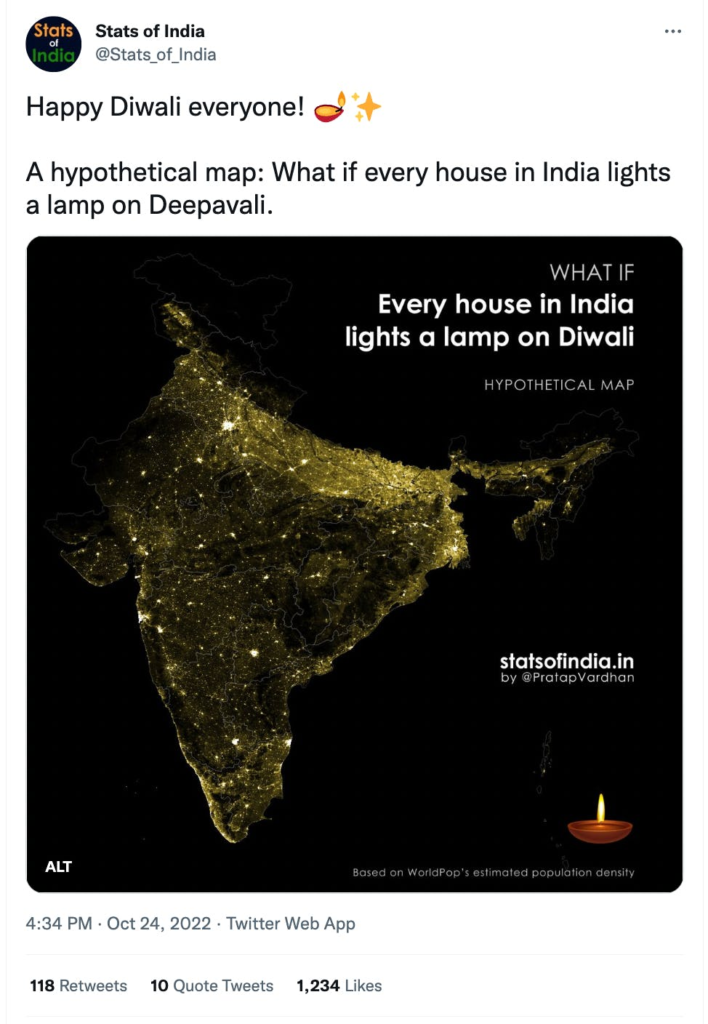The Ultimate Guide to Crypto by Matt Levine
This week’s cover story is a monster effort by Matt Levine to write a compelling primer on the cryptoeconomy.
📄 Article/s of the week
a. The Crypto Story by Matt Levine
You may not own any bitcoin or ethereum. You may not even know anyone who does. But it is a powerful idea that cannot be ignored any longer.
A lot of people analogise the crypto phenomenon with that of the internet. Perhaps it might be so revolutionary – but it is remarkable enough for us to know more about it.
Enter Matt Levine. He of the insightful, hilarious and crazy 4,000-word daily newsletter, Money Stuff from Bloomberg.
Matt has written a monster 40,000+ word essay on all things Crypto.
I’ll be honest – I’ve not managed to finish it! But of the parts I’ve read, there are some mighty insightful portions:
The wild thing about Bitcoin is not that Satoshi invented a particular way for people to send numbers to one another and call them payments. It’s that people accepted the numbers as payments.
…
That social fact, that Bitcoin was accepted by many millions of people as having a lot of value, might be the most impressive thing about Bitcoin, much more than the stuff about hashing.
…
Socially, cryptocurrency is a coordination game; people want to have the coin that other people want to have, and some sort of abstract technical equivalence doesn’t make one cryptocurrency a good substitute for another. Social acceptance—legitimacy—is what makes a cryptocurrency valuable, and you can’t just copy the code for that.
b. Engaging With History by Morgan Housel
Another gem from Morgan about the value of learning from history.
He acknowledges the challenge of giving too much importance to thinkers from the past – he quotes philosopher Hanno Sauer:
We have good reasons for thinking that historical authors were deeply wrong about almost everything, we have statistical reasons for thinking that the best philosophers live now rather than in the past, and we judge historical authors by much too lenient standards …
Given that we could be studying contemporary philosophers who are much less likely to be wrong about much fewer things, that we must rationally assume that more of these philosophers live today than in the past, and that we judge currently working philosophers much more harshly than historical authors, I suggest that, when it comes to satisfying the epistemic aims of philosophy, we ought to spend much less time studying the history of philosophy.
But also talks about the unchanging stuff – that which does not change with time:
To me, the point of paying attention to history is not the specific details of certain events, which are always random and never repeat; it’s the big-picture behaviors that reoccur in different eras, generations, and societies. People were dealing with greed and fear 100 years ago the same way they’re dealing with now and will be 100 years in the future. The more you see a behavior throughout history, the more you realize how ingrained it is in human behavior, which makes you more confident that it’ll be part of our future. It’s the only way to forecast with accuracy.
And he offers a striking example to make his point:
What’s great about reading old writers is not necessarily the wisdom of what they said, but comparing what people believed then vs. what they believe today and seeing what overlaps.
Marcus Aurelius said, “We all love ourselves more than other people, but care more about their opinion than our own,” which to be honest sounds like something you’ll find written on an $11 IKEA poster today. Part of the value of reading an Aurelius quote like that is that he said it almost 2,000 years ago. Its age is the important part. If it was true then, and it’s true today, then it’s a fundamental part of how humans work and of course it’s going to be true for the rest of my life. So I should pay close attention to it.
Hat/tip: Swanand Kelkar and Saurabh Singh (#ROTD)
c. The remarkable Mr Kohli by Siddharth Vaidyanathan
If you are a cricket fan, I’m sure you would have devoured a lot of writing about THAT immortal Virat Kohli innings against Pakistan in the T20 World Cup.
Among the write-ups, I came across this stunning article about an older innings – from the 2016 T20 World Cup, when Virat made a similar score (82 from 51 balls) in a winning chase against Australia in Mohali.
Sid is a gifted writer and his prose took my breath away. The piece offers some great storytelling lessons in:
- Focusing on small moments: Notice the vivid description of a grimace after he misses a shot. Moments like these may not reflect in the scoreboard, but they tell us so much about the player.
- Playing with the narrative: Sid seamlessly moves between key moments from the match and his exposition about Kohli the person
- Adding little known details: Sid knows his cricketers and offers little known tidbits about Kohli (for instance his obsession with drinking a certain amount of water everyday!)
I especially loved these two paras – which could be lifted directly and fit in for the recent Pakistan match:
This attention to detail is apparent on the field, and never more so than when he is chasing. He is in no rush to impose himself, not for him the raging counterattack. Tricky pitch? No need to drastically alter one’s approach. Fifty up? That’s all fine but why hasn’t the umpire called one bouncer for the over yet? The rest of the top-order are trying to hit themselves out of trouble. Kohli only wants to find the gaps and wage a war against the dots. Everything else he can get to in due course.
That due course arrives in the 18th over with 39 needed off 18. Everyone knows it’s time for running Kohli to give away to smashing Kohli. What is also clear by now is that Kohli is unlikely to ramp, scoop, lap, paddle or reverse. That is all too crude, unacceptable to his finely tuned chasing method. The ball must strike the middle of the bat. The gap must be found. And the fielders must stand no chance. This is batting as understood by a five year old, batting as mastered by Kohli.
🎧 Podcast episode/s of the week
a. Empire by William Dalrymple and Anita Anand
Dalrymple is the unparalleled master of India’s colonial period history. He’s half-Scottish, half-(dare I say)-Indian. He gets history. He writes achingly well. And he has a compelling narrator’s voice.
This podcast series is your best bet to get a crash course into all of Dalrymple’s books:
– White Mughals: Love and Betrayal in Eighteenth-Century India
– The Return of a King: The Battle for Afghanistan
– The Last Mughal: The Fall of a Dynasty: Delhi, 1857
– The Anarchy: The East India Company, Corporate Violence, and the Pillage of an Empire
…and more!
If you ever wondered – how could a small group of traders take over the might of one of the world’s largest empires… this podcast has all the answers.
🐦 Tweet/s of the week
A prominent YouTube creator called Ali Abdaal posted a tweet thread which became his highest performing tweet ever.
The scary part: it was AI generated.

I don’t think our kids will be able to resist the temptation to generate all their essays using AI 🙂
Also, in the near future, could we have corporations posting AI-generated content on Tiktok, YouTube, Twitter etc with the small individual creators not being able to compete?
Thought provoking

Lovely visualisation

💬 Quote of the week
“Everything feels unprecedented when you haven’t engaged with history.”
– Kelly Hayes quoted by Morgan Housel
📹 Video of the week
a. ‘Why would you want to read a book?’ by Foil Arms and Hog
This one is a hilarious take on the “pointlessness” of reading a book for fun by one of my favourite sketch comedy groups.
That’s it folks: my recommended reads, listens and views for the week.
Take care and stay safe.
Photo by Kanchanara on Unsplash







